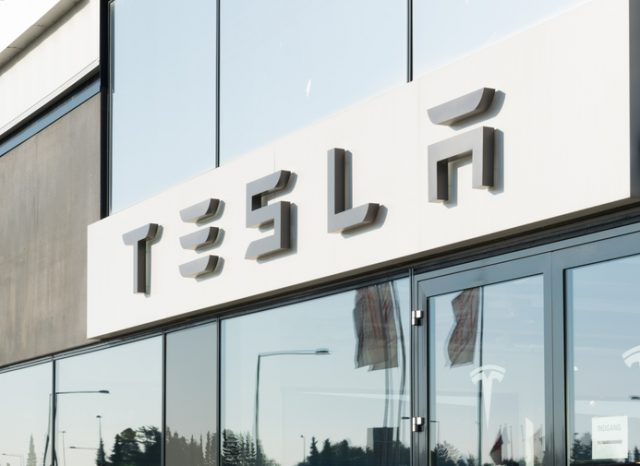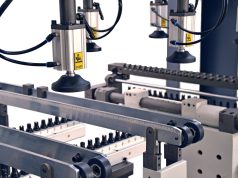Tesla unveiled two new models last week, an electric semi truck capable of covering up to 500 miles on a single charge and an updated, upgraded version of its famous Roadster. But can the new models help the exciting but troubled automaker escape its current “production hell”?
The California-based automotive company’s latest announcements aren’t likely to reach stores anytime soon. However, Tesla as a company is facing very real challenges producing its Model 3 sedan, an affordable electric vehicle aimed at transforming the brand into a mass market one.
Tesla has, until now, produced high-end cars aimed at a market of customers interested more in cutting edge technology than affordability. But the Model 3 takes a different approach — one that could potentially create problems for the growth-focused company.
Contrary to Elon Musk’s ambitious projections and announcements, Tesla has struggled to keep pace with manufacturing its mass market vehicle. The company planned to produce 1,600 cars in September; it only managed to produce 220.
A Washington Post article from earlier this month reported that Tesla’s current “production hell” included broken assembly robots, sleepless nights for employees and a mounting pressure to deliver on the company’s production promises.
Around the same time as the Model 3 “production hell” hit full swing, Tesla announced its largest ever quarterly loss — a total of $671.1 million for the third quarter. Tesla also recently announced a series of layoffs, ostensibly due to employee performance problems.
The recent announcements breathed new public relations life into Tesla, but both the Roadster and the company’s new semi truck have resulted in the same questions from commentators — namely, when they will move from announcement to reality.
The new models have also come under scrutiny from industry experts, who believe the electric vehicle company’s ambitious plans for the commercial and industrial transportation industry are perhaps too ambitious to become true.
Key concerns from the trucking industry include the vehicle’s reliability, particularly compared to the 100-plus year old diesel technology used in today’s trucks. In this setting, dependability is a bigger selling point than technological innovation or green credentials.
Others include the time at which vehicles will be available. With Tesla’s reputation for delivering a quality product, albeit often late, major companies that depend on vehicular uptime might not be ready to put down deposits for a vehicle that may not ship on time.
The new Roadster, on the other hand, has won over praise from automotive journalists. With a 0-60 time of just 1.9 seconds, the proposed car could potentially be the fastest ever made when it enters into production.
In fact, the Roadster’s performance is so spectacular that numerous commentators have urged Tesla to build a racing team around the platform.
In short, it’s an exciting but difficult time for the innovative California-based automaker. Tesla is mired in “production hell” and aside from a few recent PR wins, doesn’t seem to have a proven way out of it. However, its recent announcements have certainly won the company attention.













